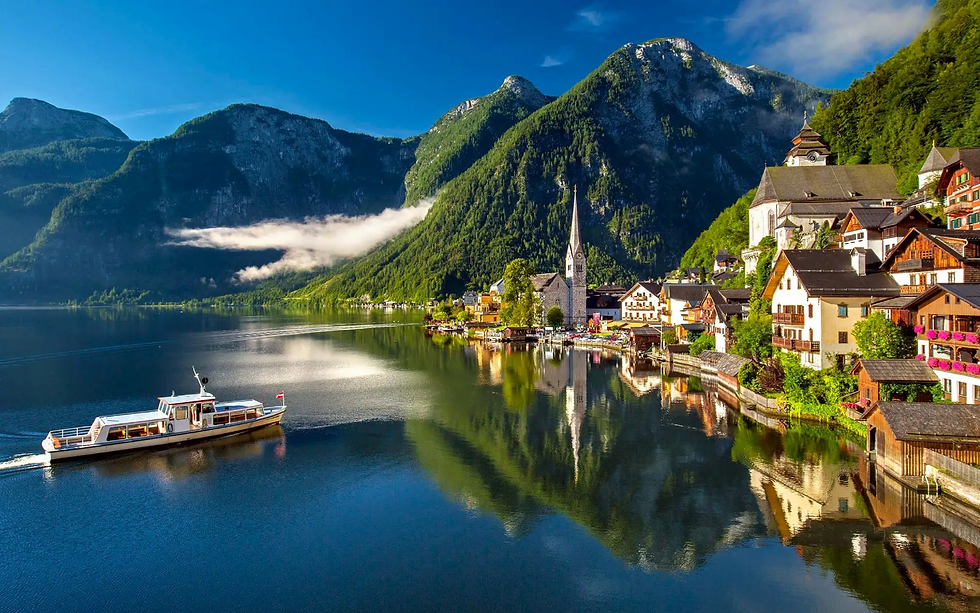What is Sustainable Travel?
- DPP Travel

- May 4, 2022
- 2 min read
Updated: May 2

We get asked this a lot, so let's dive in and see what it means to us.
At DPP Travel, sustainability isn’t just a buzzword — it’s a commitment we proudly stand behind, especially when it comes to how we explore the world.
But what is sustainable travel? If the idea feels a little vague, you’re not alone.
In simple terms, sustainable travel is about minimizing the negative impacts of tourism and maximizing its benefits.
For example, unchecked tourism can lead to the destruction of natural resources. But when managed thoughtfully, it can help protect those same environments — funding conservation efforts, supporting communities, and preserving cultural heritage.
It’s a big-picture issue, and it requires a team effort: from travel companies to cruise lines, hotels, and travelers like you.
At its core, sustainable travel comes down to the choices we make — choices that honor and support the local people, their culture, economy, wildlife, and the environment.
Want to travel more sustainably?
Here’s a simple list of dos and don’ts for your next adventure:
✅ DO:
Support locally owned businesses
Buy souvenirs directly from artisans, helping to keep traditional crafts alive.
Eat and drink local
Learn and respect local customs, including appropriate dress.
Ask before taking photos or videos of people.
Carry a refillable water bottle.
Conserve water and electricity when possible.
Use reef-safe sunscreen
Carbon offset your flights.
Connect deeply with the destination — before, during, and after your trip.
❌ DON’T:
Participate in activities that exploit animals (especially endangered species)
Give gifts or money directly to children — support schools, clinics, or local development projects instead.
Use single-use plastics
Haggle unless it’s part of the local culture — what seems small to you might be meaningful to a seller.
And once you're back home, consider continuing your impact by supporting organizations that help protect the welfare, culture, and environment of the places you visited.
We get it — making sustainable choices can be confusing. Is that “eco-lodge” actually eco-friendly? Is that animal sanctuary truly ethical?
That’s where we come in.
At DPP Travel, we spend the time researching, verifying, and staying on top of what’s happening in the industry — so you don’t have to. You can trust us to guide you toward travel that’s both unforgettable and respectful of the planet.
Got questions about sustainable travel? Ready to start planning a more conscious trip? We’d love to connect. Schedule a time to chat with us here.




Comments